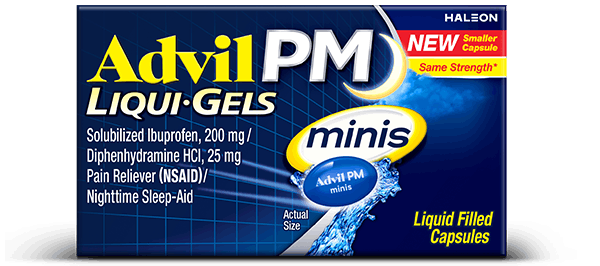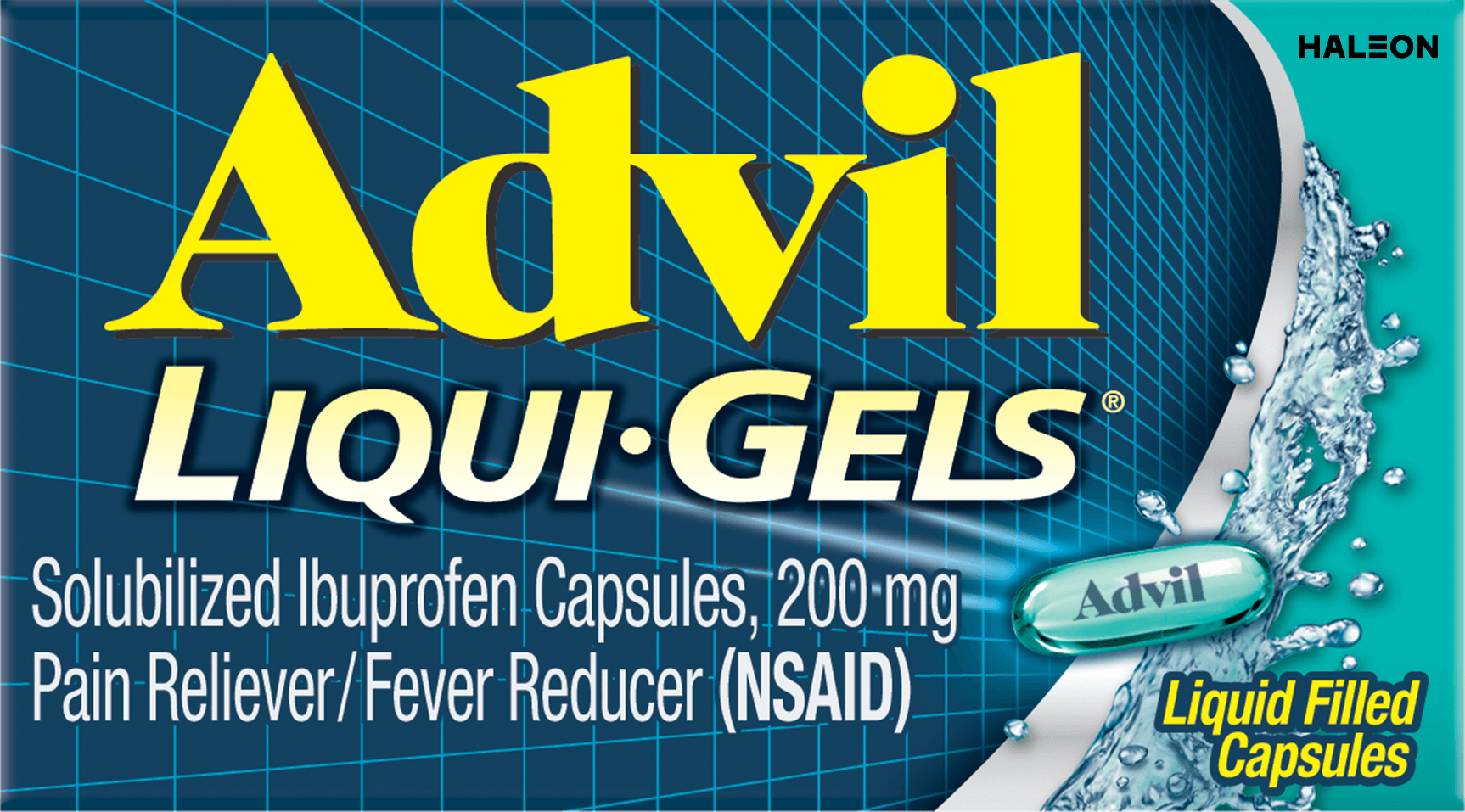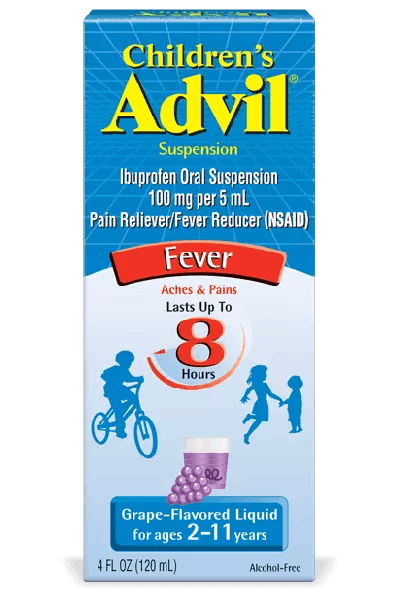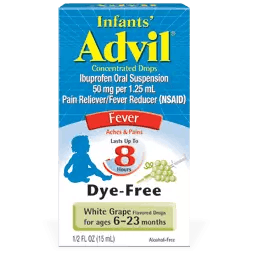Science and Research
The scientific consensus is clear. Over-the-counter (OTC) ibuprofen/Advil remains safe to use as directed. The current scientific literature does not show that OTC ibuprofen/Advil makes COVID-19 health outcomes worse, and the world’s leading health authorities have confirmed there is no evidence to recommend that COVID-19 patients avoid OTC ibuprofen.
Blog Post

Adding Research Publications to What We Know About Advil (Ibuprofen) and COVID-19 – September 23, 2020
Relevant Articles

Chest: Safety of Ibuprofen in Patients With COVID-19: Causal or Confounded
Read Article Chest: Safety of Ibuprofen in Patients With COVID-19: Causal or Confounded

Society: Non‐Steroidal Anti‐Inflammatory Drugs, Prostaglandins and COVID‐19
Read Article Society: Non‐Steroidal Anti‐Inflammatory Drugs, Prostaglandins and COVID‐19

American Journal of Therapeutics: COVID-19 and Avoiding Ibuprofen. How Good Is the Evidence?

London School of Hygiene and Tropical Medicine: OpenSAFELY: Do adults prescribed Non-steroidal anti-inflammatory drugs have an increased risk of death from COVID-19?
Glossary of Terms
By clicking the link(s) above, you will be taken to an external website that is independently operated and not managed by Haleon. Haleon assumes no responsibility for the content on the website. If you do not wish to leave this website, do not click on the links above.







